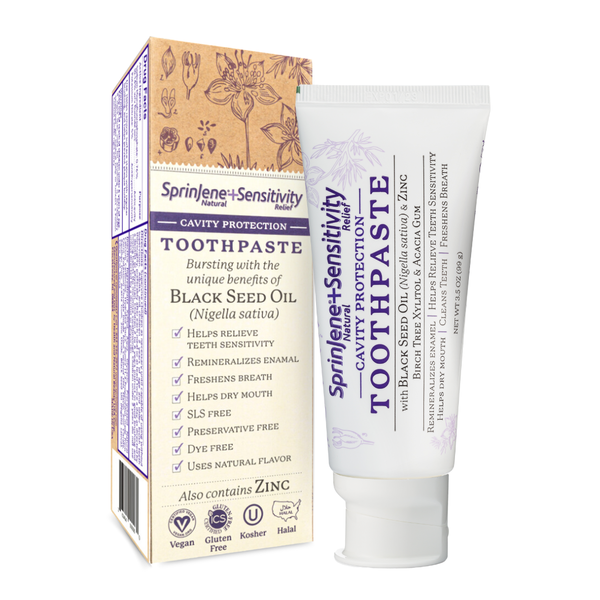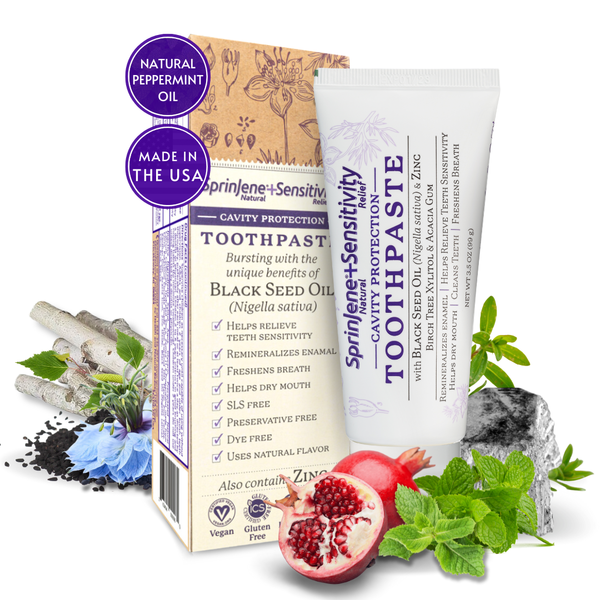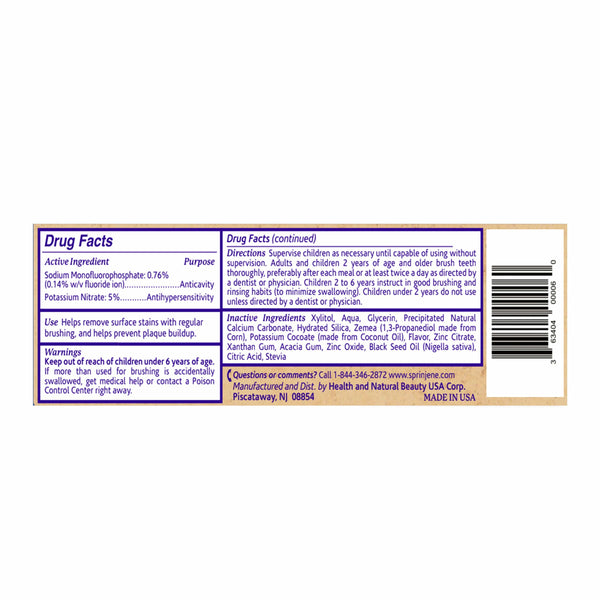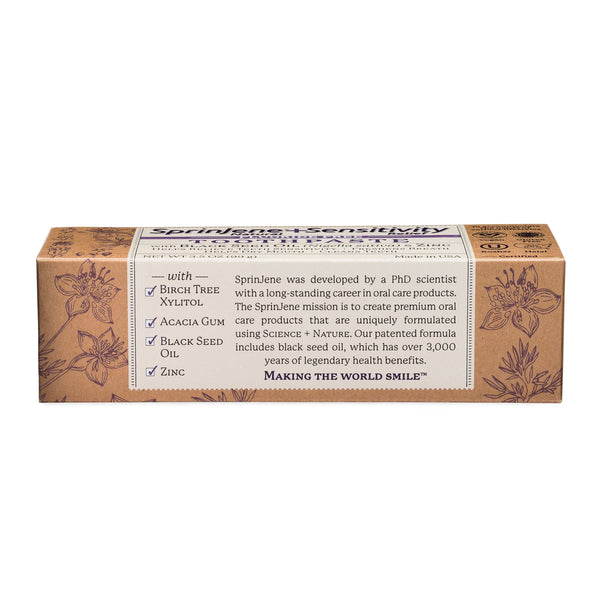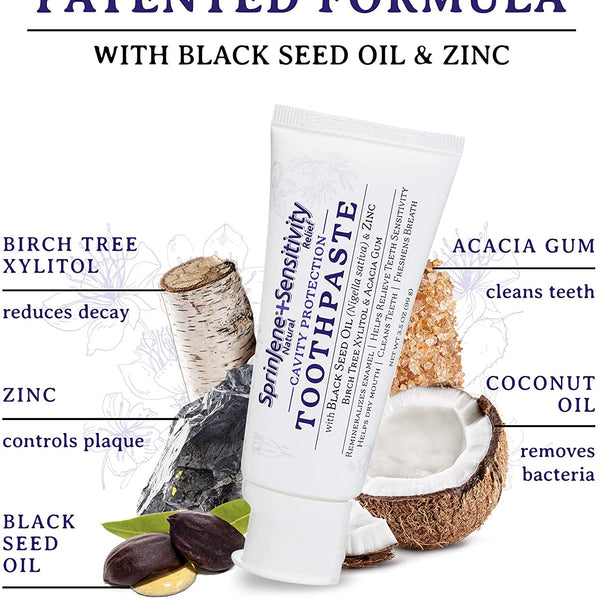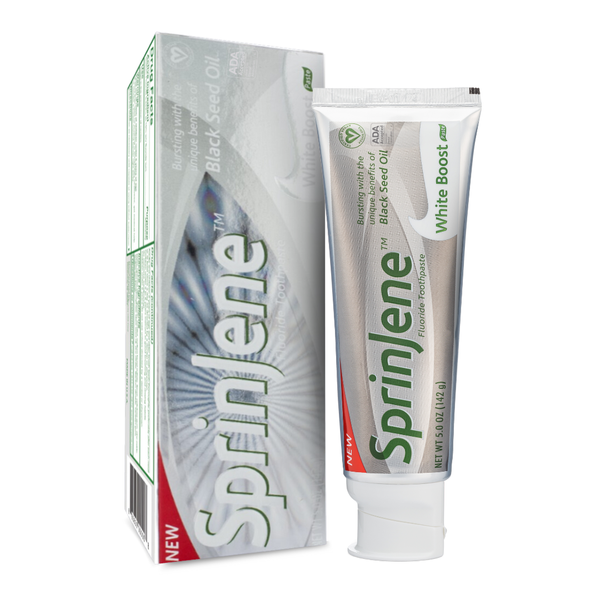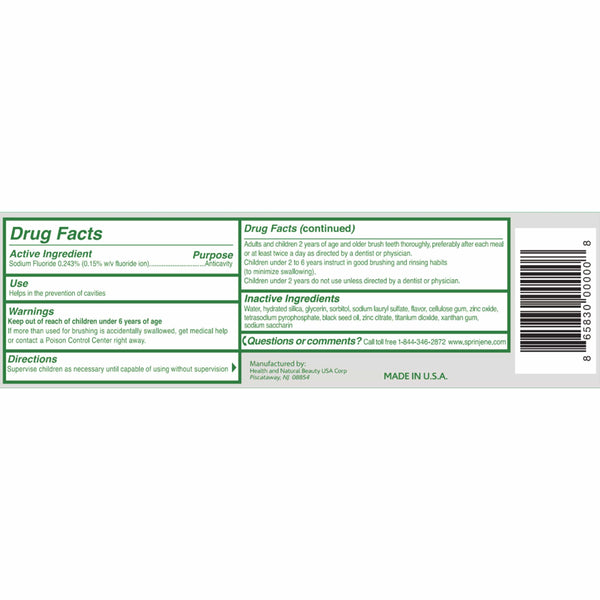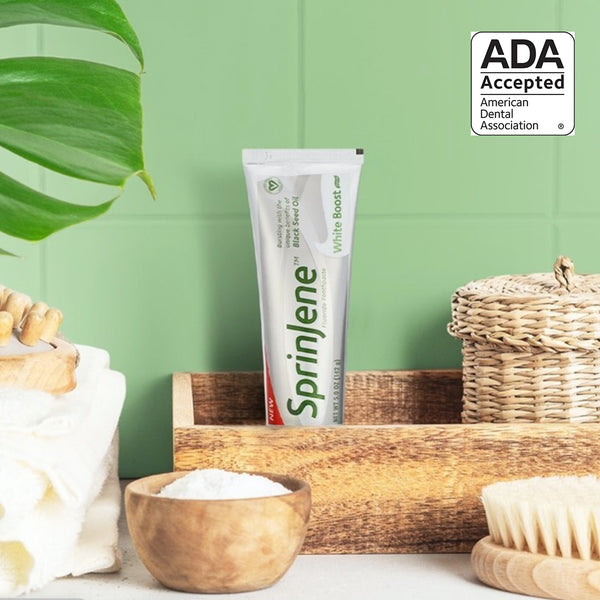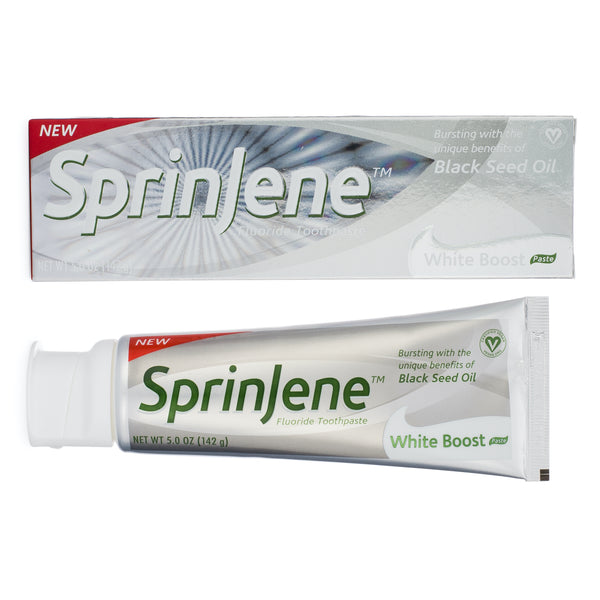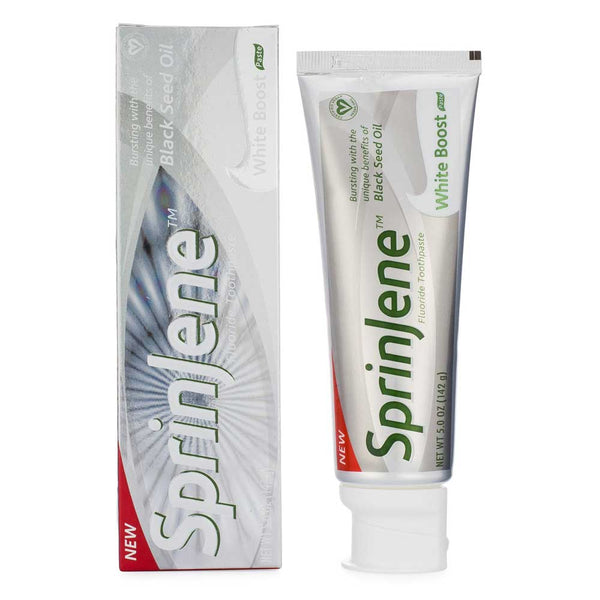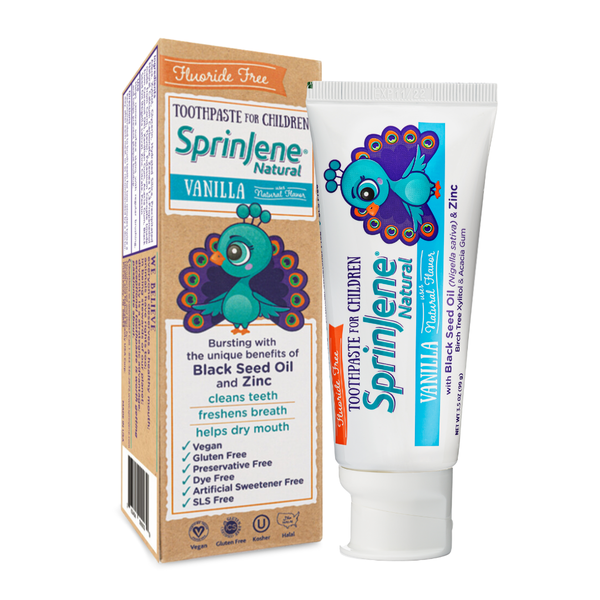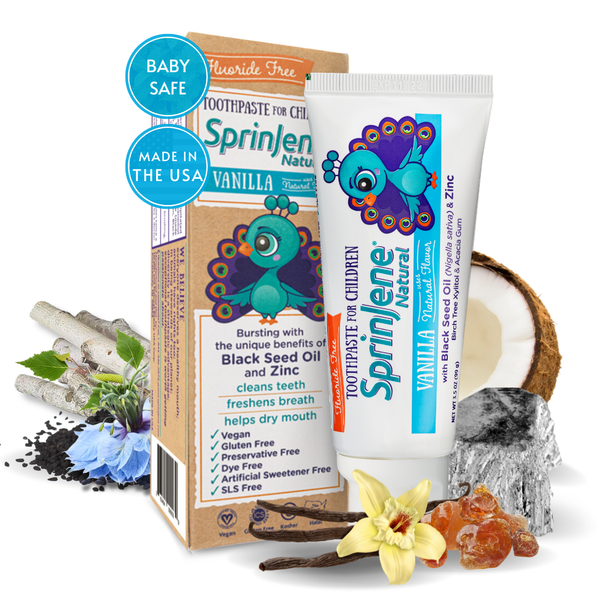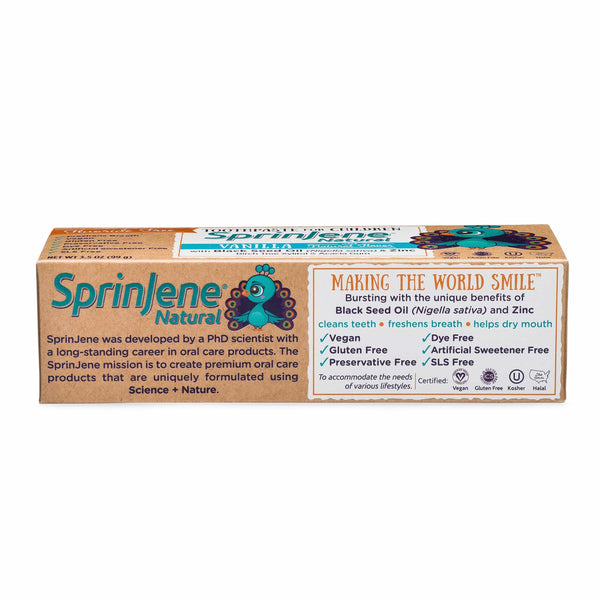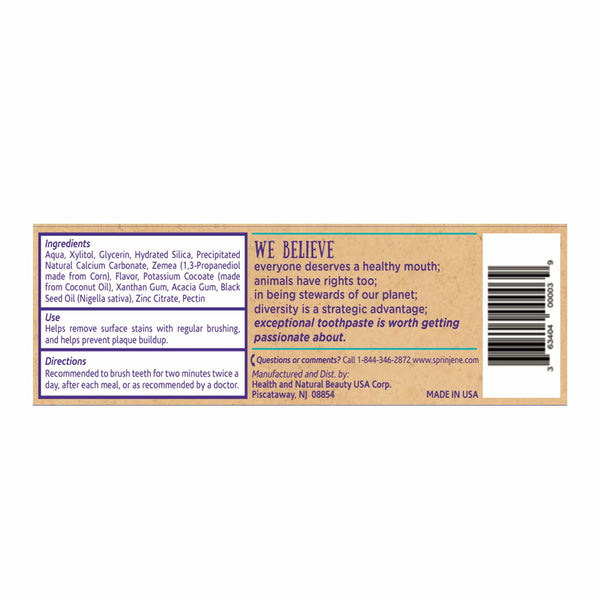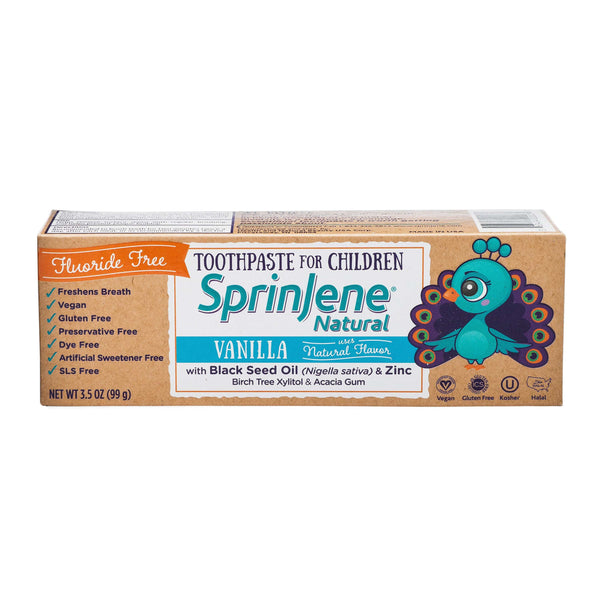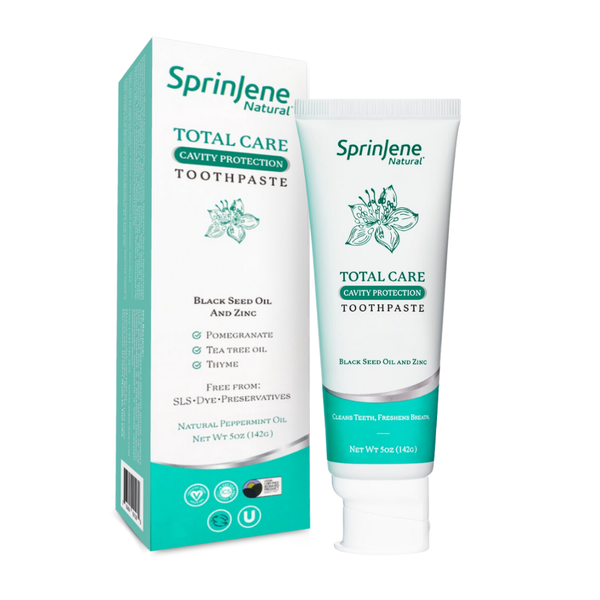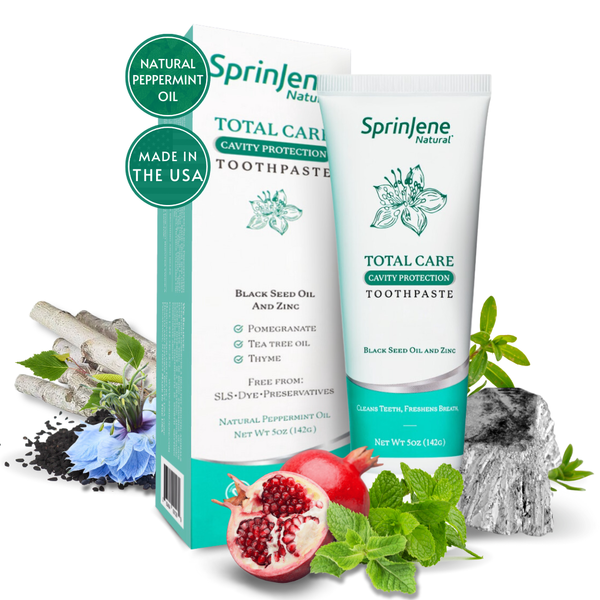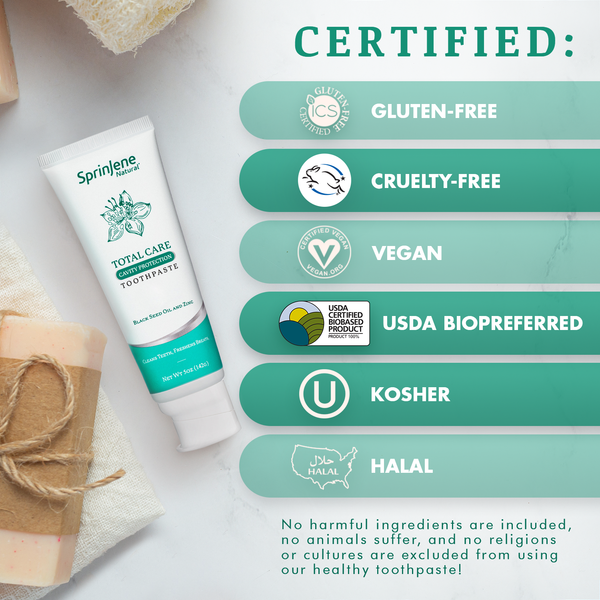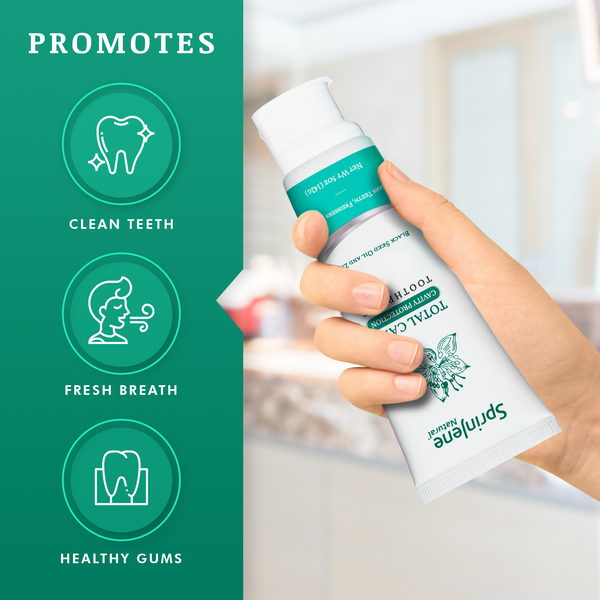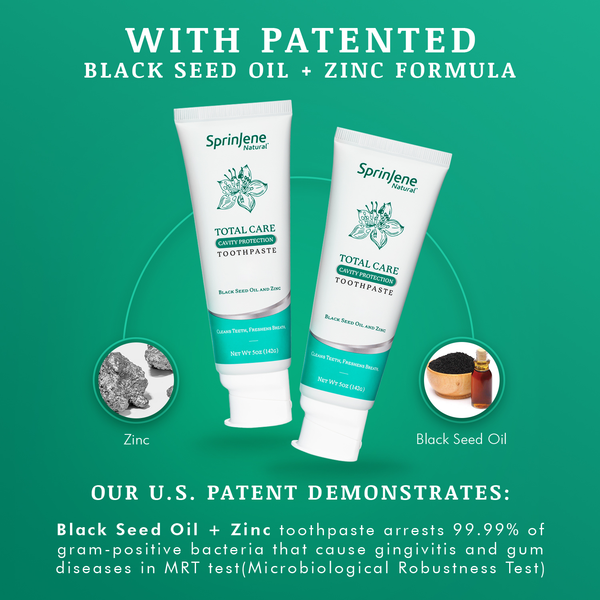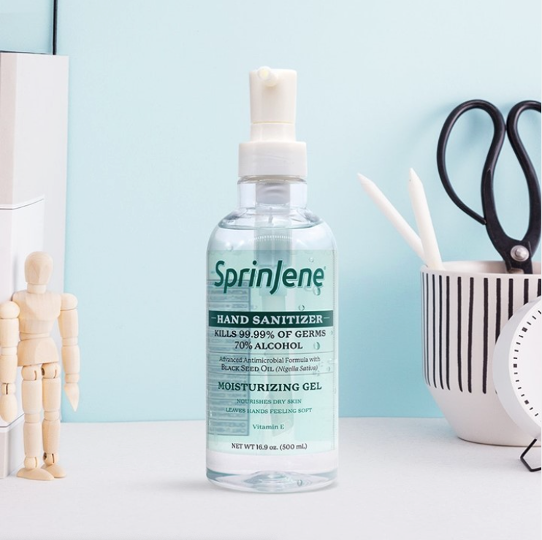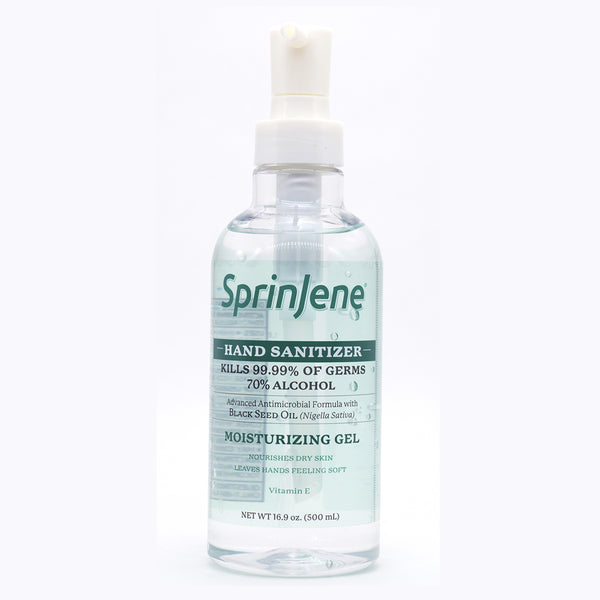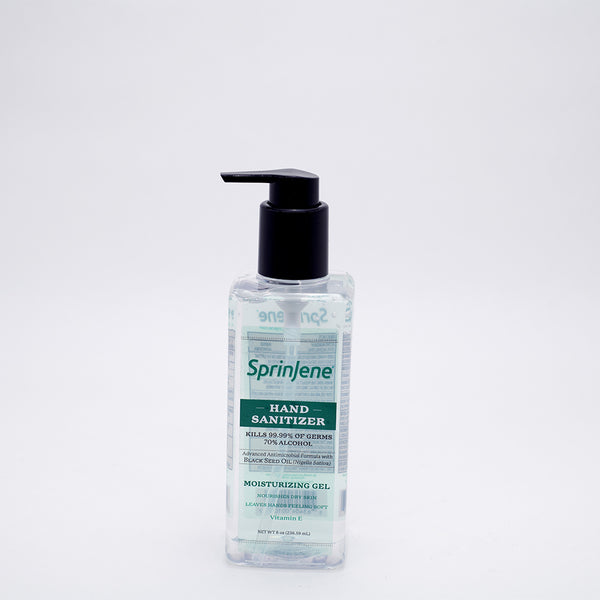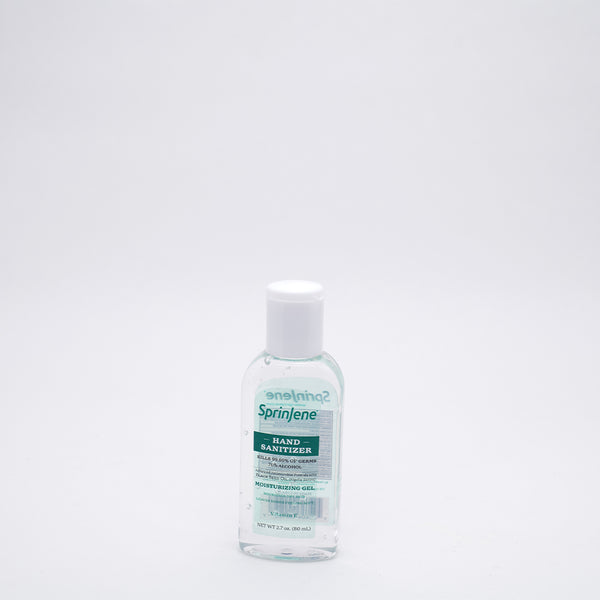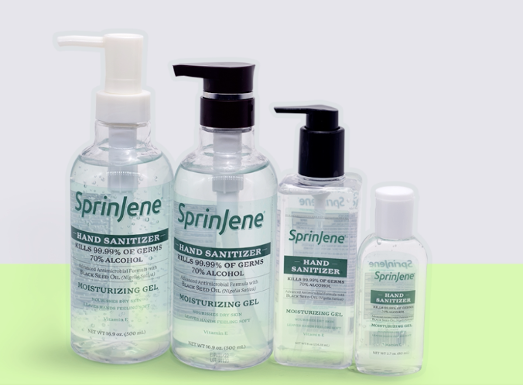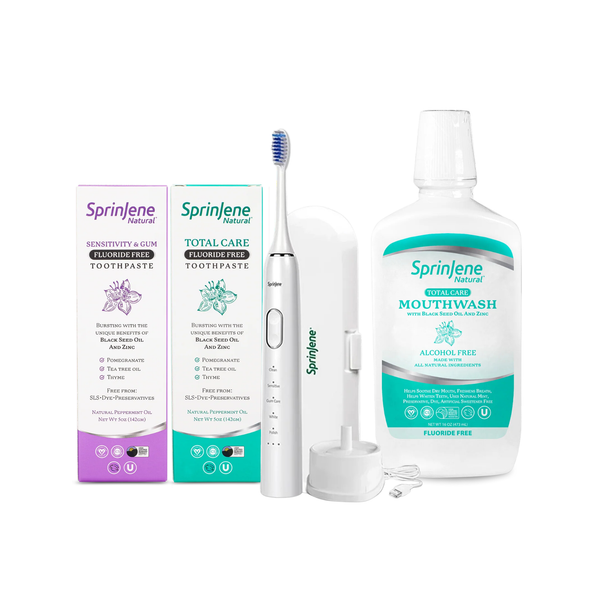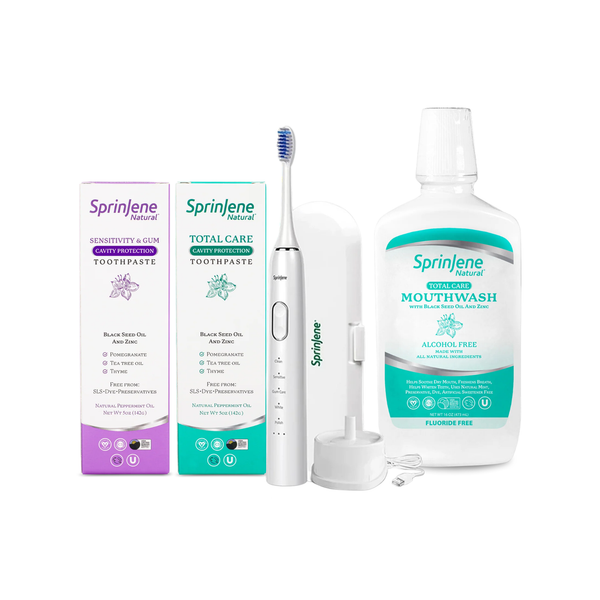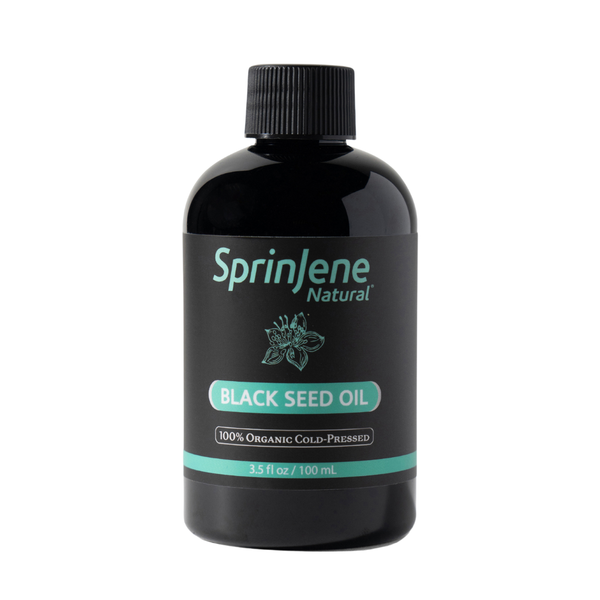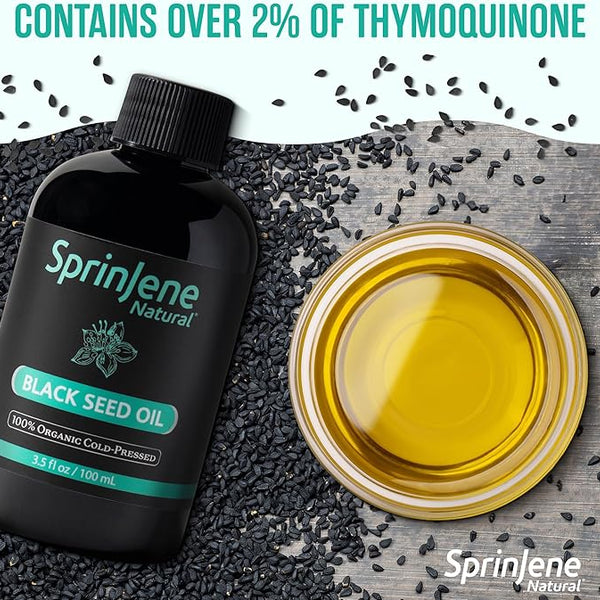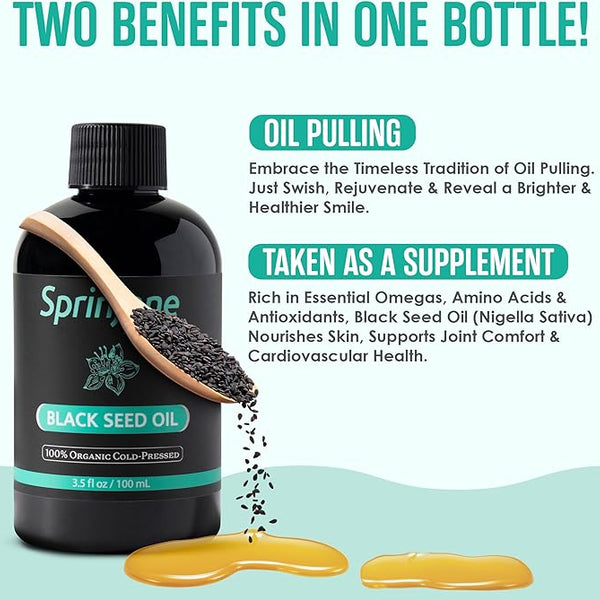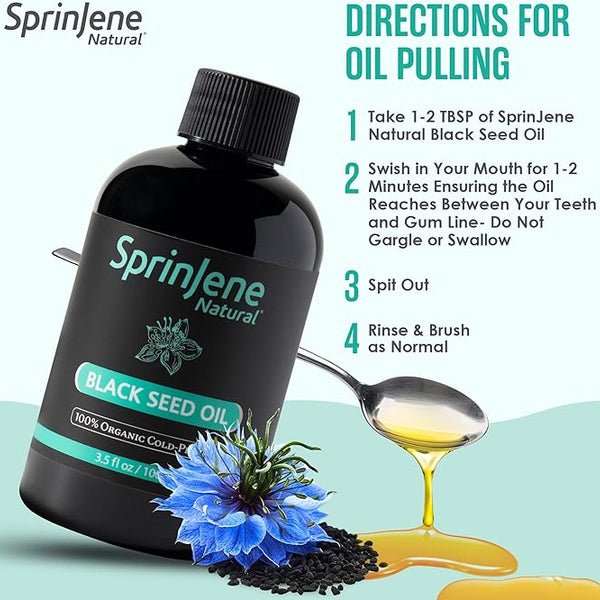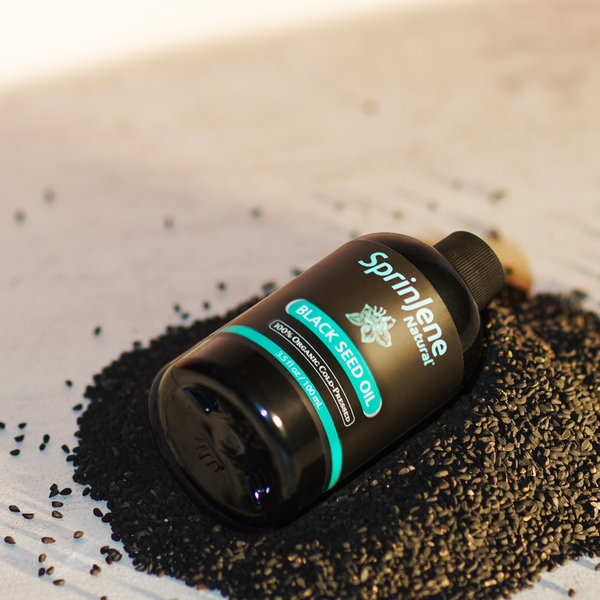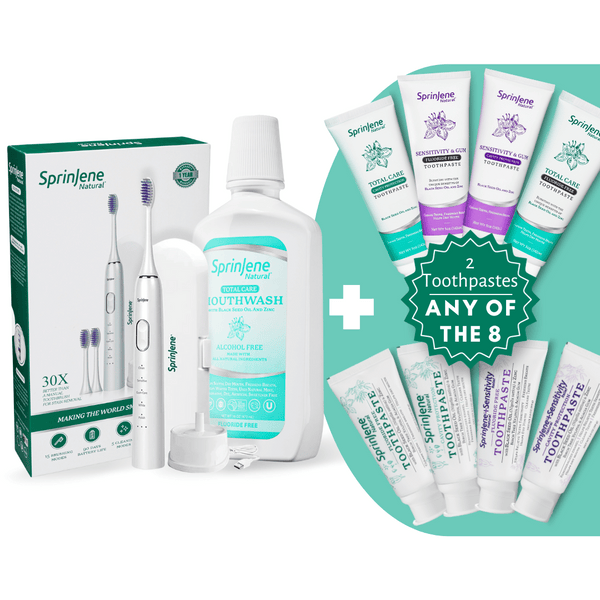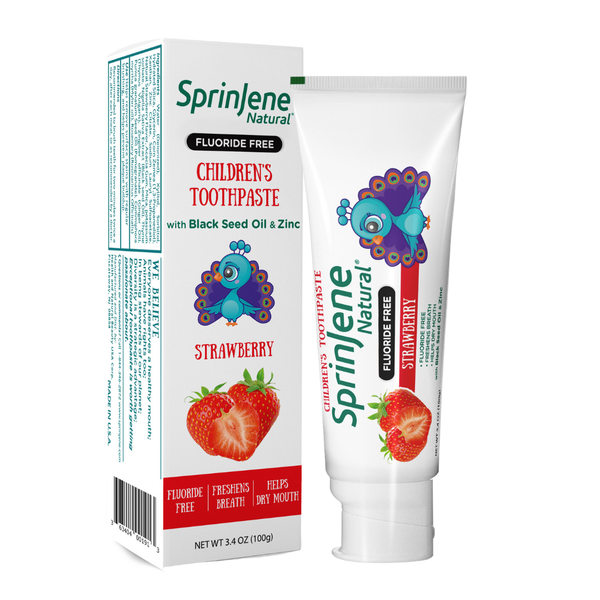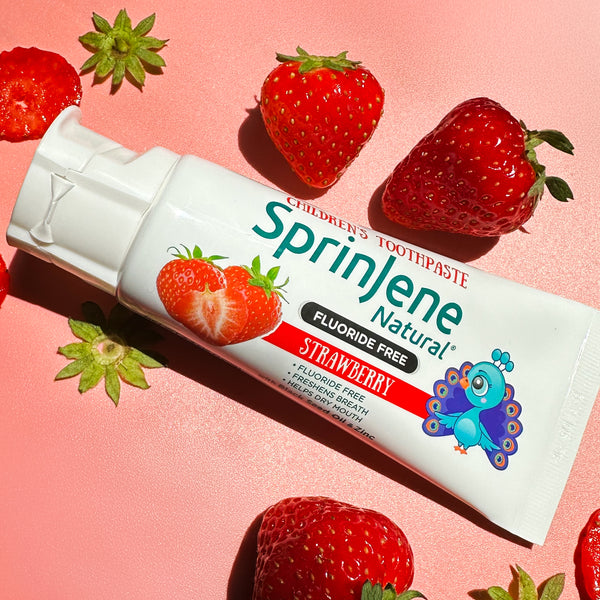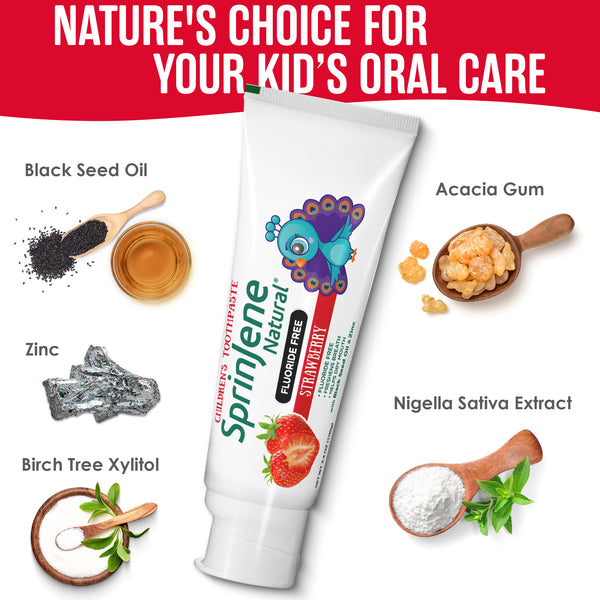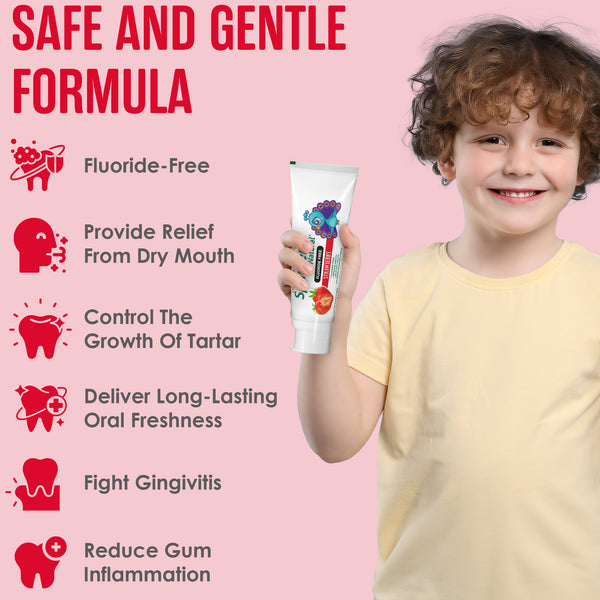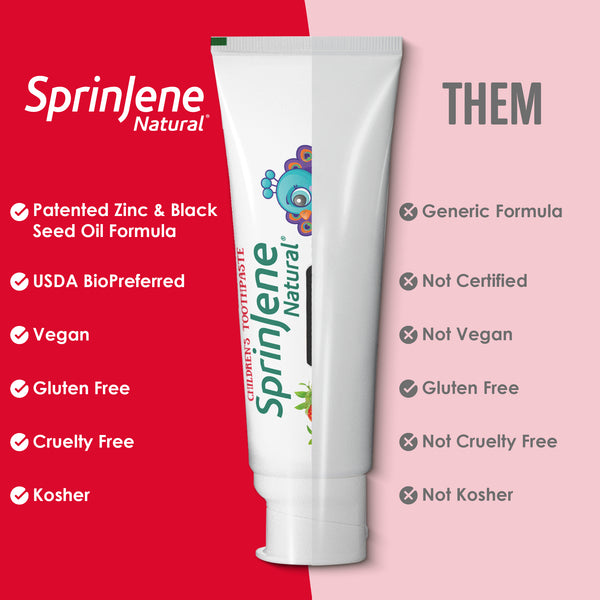
What causes teeth sensitivity?
Sensitivity in teeth is experienced as a result of exposed dentine and worn out or eroded enamel. When the enamel wears away, pores in the teeth become exposed. Since there are nerve endings present in the underlying layers, it reacts to hot and cold stimuli.
While, unfortunately lost enamel cannot be built back or regained, sensitivity toothpaste can cover up the pores in the teeth or can numb your gum lines. This is a convenient, less expensive and temporary way to get relief from symptoms of tooth sensitivity.
Who is At Risk for Teeth Sensitivity?
There is no specific kind of people who are more at risk for having sensitive teeth than others. Anyone can become subject to the symptoms of tooth sensitivity. Although people who have the following habits can be more susceptible to sensitive teeth:
Smokers
People who have a habit of grinding their teeth
People who brush their teeth aggressively
People who have bulimia (this causes teeth to erode due to acidity)
This condition can be caused or exacerbated by several factors:
- Brushing your teeth too hard this can eventually wear away your tooth enamel. Even using a brush with hard bristles instead of soft ones can cause your gums to recede, exposing the dentin beneath, which is where the nerve endings are.
- Gingivitis can cause the gums to become inflamed and expose the tooth root as well.
- A cracked tooth will expose the pulp of the tooth and is a very painful condition.
- Grinding or clenching. This causes the crowns of the teeth to erode flattening the teeth out.
- Acidic foods and even some mouth washes that are acidic causing the enamel to wear away.
- Oral piercings. Causing gum irritation and inflammation
- Hormonal changes in females during puberty, pregnancy and menopause
- Use of certain medications
Certain dental procedures can also cause your teeth to become sensitive, this is only temporary. These procedures include:
- Teeth cleaning
- Teeth whitening
- Certain tooth fillings
HOW TO PREVENT TOOTH SENSITIVITY?
Practicing good oral hygiene is the best defense against most oral health problems, including tooth sensitivity.
- Brush your teeth gently twice a day with a soft-bristled brush and a fluoride toothpaste. The size and shape of your brush should fit your mouth, allowing you to reach all areas easily.
- Replace your toothbrush every three or four months or sooner if the bristles are frayed. A worn toothbrush won't do a good job of cleaning your teeth and can irritate your gums.
- Clean between your teeth with floss or another interdental cleaner daily. This helps remove plaque and food particles from between your teeth and under the gumline.
Visit your dentist regularly for professional cleanings and oral examinations
NATURAL TOOTHPASTE FOR SENSITIVE TEETH
Although there are hundreds of tooth paste brands and many which are recommended for tooth sensitivity, there is one brand that is exceptional and stands out among others. This toothpaste is 100% natural and is chemical free therefore completely nontoxic for you and your family and without any side effects. It is made from a specialized patented black seed formulation as thymoquinone present in black seed has been studied and reported to be have innumerable health benefits. It has been used for centuries as a medicament for healing wounds, boosting immunity as well as being an excellent anti-bacterial, anti-fungal, anti- inflammatory and anti-oxidation agent. All these properties make it ideal for oral health use.
SprinJene Mint Natural Toothpaste comes in two varieties for sensitivity
- With fluoride
- Fluoride free
Ideally it is best to use a toothpaste that contains fluoride but in some cases fluoride is contraindicated. In such patients the fluoride free toothpaste would be ideal to treat sensitivity.
SprinJene Mint Natural Toothpaste for Sensitivity relief has the active ingredients Potassium Nitrate (5%) for ant hypersensitivity and Sodium Monofluorophosphate (0.76%). These are what give the tooth paste antihypersensitity protection. The other benefits of SprinJene tooth paste are that they are all free from harmful chemicals which are generally present in commercial tooth pastes such as:
- Sls (Sodium Lauryl Sulphate)
- Artificial preservatives and dyes
- Animal by products
- Saccharin
Along with all these benefits all of SprinJene Natural Toothpaste varieties are certified Kosher, Halal, Vegan, Gluten free and Cruelty free.
- For The Dental Patient| Volume 144, Issue 9, P1084, September 01, 2013 Preventing And Treating Tooth Sensitivity Doi:Https://Doi.Org/10.14219/Jada.Archive.2013.0238
- Bissada NF. Symptomatology and clinical features of hypersensitive teeth. Archs Oral Biol. 1994;39(Suppl):31S–32S. [PubMed] [Google Scholar]
- Vieira APGF, Hancock R, Dumitriu M, Limeback H, Grynpas MD. Fluoride’s effect on human dentin ultrasound velocity (elastic modulus) and tubule size. Eur J Oral Sci. 2006;114:83–88. [PubMed] [Google Scholar]
- Jälevik B, Klingberg GA. Dental treatment, dental fear, and behavior management problems in children with severe enamel hypomineralization of their first permanent molars. Int J Pediatr Dent. 2002;12:24–32. [PubMed] [Google Scholar]
- Rodd HD, Boissonade FM, Day PF. Pulpal status of hypomineralized permanent molars. Pediatr Dent. 2007;29:514–520. [PubMed] [Google Scholar]




